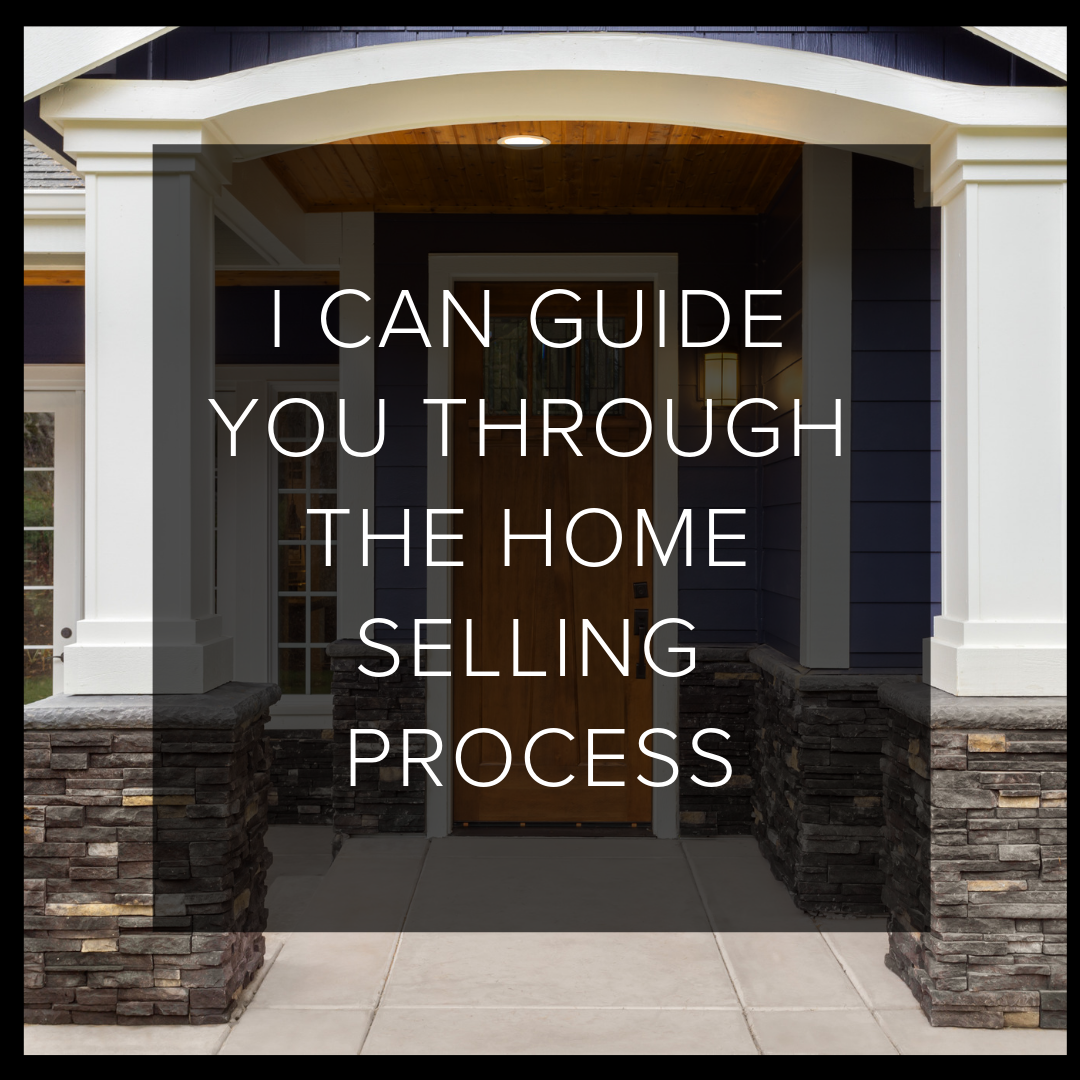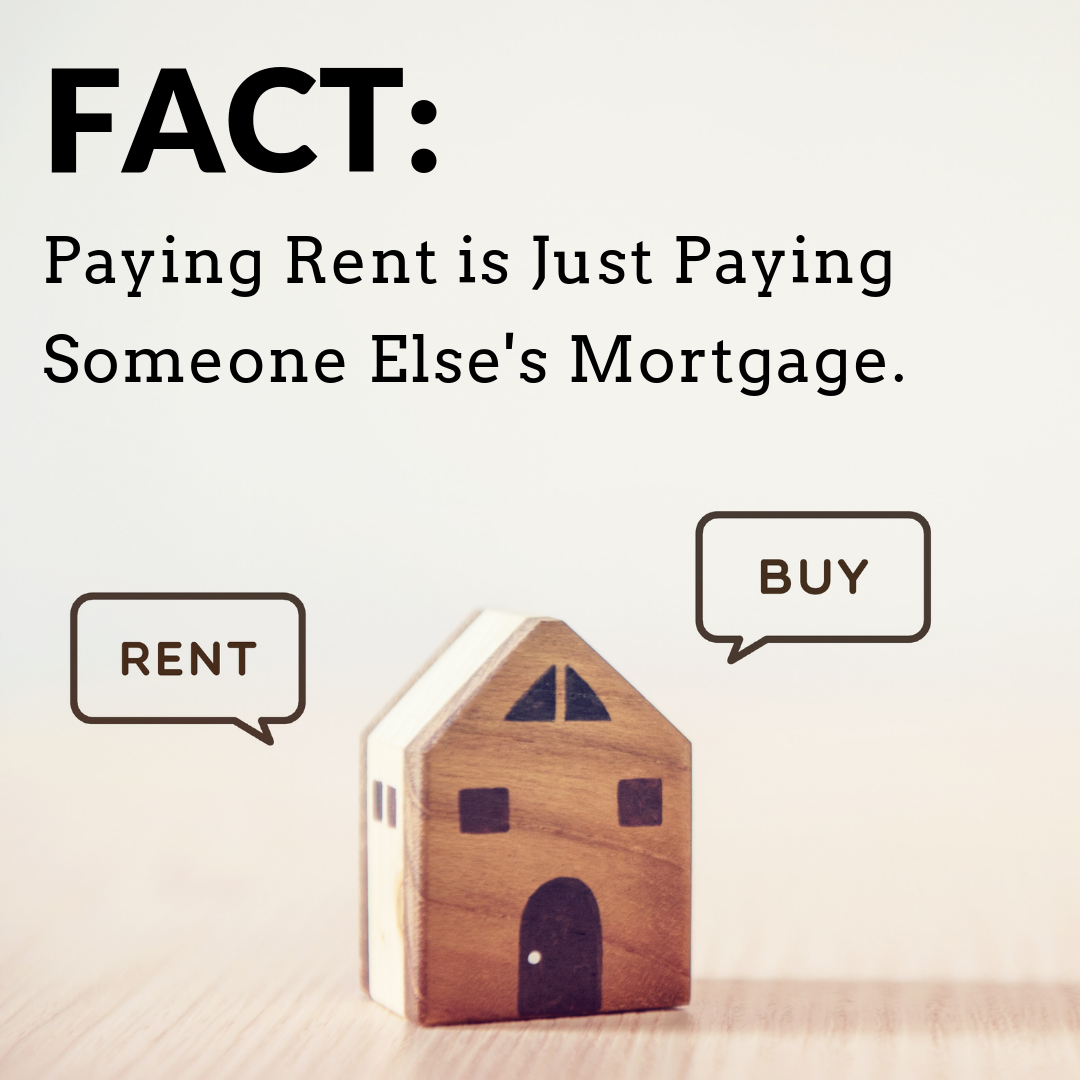Century 21 Sterling Real Estate


The following websites have additional information and offer help and advice:
www.hud.gov – The US Government website for Housing and Urban Development. Find out what programs may be available in your state.
www.annualcreditreport.com – Get your free annual credit report from each of the 3 agencies.
www.creditkarma.com – Get your free credit score.
www.OptoutPrescreen.com – Is the official website for the Consumer Reporting Industry. Opt in or out of credit companies sending you offers.
www.mint.com – Get help organizing and keeping track of your finances.

Valerie McKean,
Owner/Broker
Century 21 Sterling Real Estate
95 Market Sq. Suite 2B
Pinehurst, NC 28374
Tel: 910-430-9494
valerie@pinehursthomes.com
www.pinehursthomes.com

Valerie McKean,
Owner/Broker
Century 21 Sterling Real Estate
95 Market Sq. Suite 2B
Pinehurst, NC 28374
Tel: 910-430-9494
valerie@pinehursthomes.com
www.pinehursthomes.com
September 2nd 2017

When we think of selling a home, the services a REALTOR® can provide usually seem worth the cost of their commission, but what about as a buyer? What can a REALTOR® do for you as a home buyer? Here are five great reasons you should hire a REALTOR® when you are in the market for a new home!
1. REALTORS® Can Help You Determine Your Budget. With a few simple pieces of information, a REALTOR® can help you pre-determine what kind of budget you may be looking at for your new home, and can match you with potential lenders that are right for you.
2. REALTORS® Have Access To Resources You Don’t. While a lot of real estate listings are available online, there are still resources and listings that are only available through a REALTOR®. If you are looking for something very specific, having their insider knowledge may be crucial to finding that perfect home.
3. REALTORS® Can Read Between The Lines Of Listings. There are a lot of catchy phrases that often appear in home listings, and your agent cantell you what they really mean.
4. REALTORS® Increase Your Negotiating Power. A REALTOR® cannot only increase your ability to negotiate things like price, they can also give you advice and help guide you though the contracts and required paperwork. A good REALTOR® should assist you with all aspects of purchasing a home, whether it is helping to co-ordinate inspections and surveys or working closely with you and your mortgage provider to ensure everything is ready by your closing date.
5. A REALTOR® Can Help You Navigate Through The Closing Process. The closing process can be complicated and a REALTOR® can make sure all the details are addressed.
Purchasing a home is a huge financial investment, and having a professional REALTOR® looking after your interests through the process is important.
Valerie McKean
REALTOR®
Sandhills Luxury Homes
valerie@pinehursthomes.net
www.pinehursthomes.net
Tel: 910-420-0505
August 20th 2017

The decision to purchase a home is exciting and a major investment for your future. Because there is only so much of it to go around, real estate is the top choice for many investors and the desire for most families. This article is designed to highlight some of the many benefits of home ownership and how buying a home can often turn the
American Dream into a reality.
One of the most profitable markets in real estate is rentals, which means that many families are paying to live in a home that isn’t their own. In some cases, renting a home is necessary. For all others, the money that would be spent on rent could instead be used to pay a mortgage. In fact, monthly rent payments often exceed that of a typical
mortgage payment. One of the greatest benefits of home ownership is putting money into something that you can call your own and knowing that the monthly payments are going toward your home’s equity.
Speaking of equity, many properties experience a growth in value as more development moves into the area or the economy strengthens through an increase in job opportunities. If this happens, home values soar and owners can bask in the glory of their newfound profit. When you purchase a new car, it depreciates the moment that you drive off of the lot. When you buy a home, however, it has the potential to appreciate year after year. There are few things in life that can offer you a return above and beyond your original purchase price, but a home can.
When you own a home, you will enjoy the freedom of decorating and making any changes that you choose without needing the permission of a landlord or property owner. In addition, you may even be able to use your home’s equity to finance some needed improvements and/or repairs. In some cases, these changes may even increase the value of
your home. An upgraded kitchen or bathroom, hardwood flooring or an additional room are examples of changes that could result in added value.
Another advantage of home ownership is the tax benefits that are available. The interest paid on a home mortgage as well as most property taxes paid are tax deductible. For additional information on deducting mortgage interest and property tax, consult the IRS or a tax professional. In addition to providing yourself and your family with a feeling of stability and permanence, home ownership can also help strengthen your credit profile through timely mortgage payments and a steady financial history.
Valerie McKean,
Owner/Broker
Century 21 Sterling Real Estate
30 Chinquapin Rd
Pinehurst, NC 28374
Tel: 910-430-9494
valerie@pinehursthomes.com
www.pinehursthomes.comAugust 13th 2017

When it comes to a home, you have two options: buy or rent. What is right for one person may not be right for another, which is why it’s important to know which is the best option for your individual situation.
Why People Rent
There are a number of reasons why someone may either choose or be forced to rent, including sporadic or unpredictable income, a high debt-to-income ratio, a bankruptcy or foreclosure within the last six months, unpaid collection accounts or judgments, frequent relocating for employment or the inability to save enough money for a required down
payment on the purchase of a home.
Maintenance Matters
As a homeowner, you will be responsible for any maintenance or repair issues that arise. This is a big consideration when choosing whether to rent or buy. When you rent, the property owner is responsible for repairs and it may not always be obvious that these issues can be very costly.
How To Know When It’s Time To Buy
If you have steady income with a good employment history, can provide a down payment of at least 5-10 percent of the purchase price and are current with all debts, it may be time to consider buying a home instead of renting. In some cases, the cost of rent may even exceed that of a typical mortgage payment.
When deciding to buy, job stability is a big factor. If your job does not require frequent relocation and you plan to live in the home for at least 5-10 years, you may want to consider making the purchase. If you need to relocate after that, you may have enough equity from the sale to use as a down payment on another home.
Home Buyer’s Checklist
If you can answer yes to the following questions, you may be ready for home ownership. Your REALTOR® can help you to find the perfect home based on your individual needs.
Have you been steadily employed for at least one year, but preferably two years?
Do you plan to live in the home long enough to build equity?
Can you provide a down payment and still have enough money left to pay for closing costs, utilities and home furnishings?
Are you current on all debts, including auto loans, credit cards, etc.?
In addition to any current debts that you may have, can you afford a monthly mortgage payment which will likely include property taxes and
insurance?
Do you have the time to devote to shopping for a home and comparing interest rates from various lenders?
Have you checked your credit reports for inaccuracies and disputed anything that needs correction with each of the three major credit reporting agencies?
The decision to buy or rent is a very personal one that can only be determined after a careful evaluation of your situation. A REALTOR® can show you the perfect home and a lender can tell you whether or not you can afford it, but it’s up to you to make the choice as to whether or not you are ready to make the move.
Valerie McKean,
Owner/Broker
Century 21 Sterling Real Estate
95 Market Sq. Suite 2B
Pinehurst, NC 28374
Tel: 910-430-9494
valerie@pinehursthomes.com
www.pinehursthomes.com
August 17, 2017